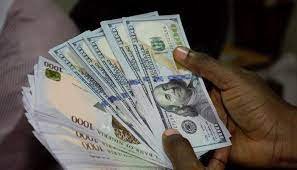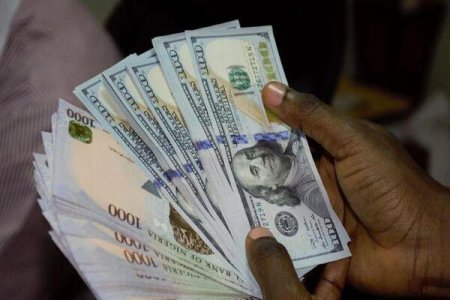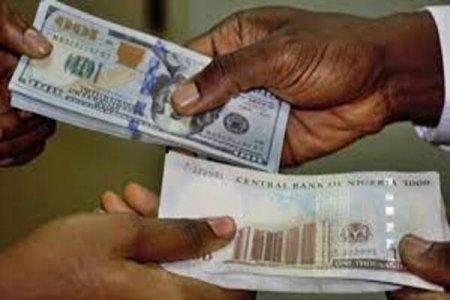
Nigeria is grappling with a deepening economic crisis as the Naira plunged to an alarming exchange rate of 1,025 Naira to the US dollar in the parallel market. This decline, which continues to sow panic and instability, has ignited concerns among small-scale enterprises, manufacturers, and business associations. They are sounding the alarm over the potential shutdown of factories and a looming wave of job losses.
Economic Fallout: The Naira's persistent depreciation has rattled business owners, importers, and manufacturers. The surging cost of imported goods has thrown businesses into a turmoil, putting several industries at risk.
Factory Closures and Job Cuts: Manufacturing units are struggling to secure foreign exchange for vital raw materials, pushing some to consider laying off employees or shutting down entirely. These dire consequences could jeopardize the livelihoods of numerous workers.
Root Causes: The Naira's downward spiral is attributed to the Central Bank of Nigeria's decision to allow the currency to float freely against major global currencies in June. This change in policy has exacerbated the economic turmoil.
Currency Devaluation Impact: As the Naira's value sinks, manufacturers are grappling with reduced production capacity, job cuts, and increased costs for raw material imports. Small businesses are left with no choice but to pass on these surging costs to consumers.
Government Response: In response to this economic crisis, the House of Representatives is launching an investigation into the use of foreign currencies, such as the dollar, as legal tender in domestic transactions. They call upon the Central Bank of Nigeria to address the deteriorating Naira by implementing monetary policies, stabilizing the currency, and tackling speculative activities in the forex market. They also demand structural reforms to reduce corruption and promote economic diversification.
Impact on Various Sectors: This declining Naira rate has repercussions in various sectors, from healthcare to education and foreign airlines to real estate, as they increasingly demand dollars for payments.
As the situation unfolds, the fate of the Naira remains uncertain, with widespread economic instability looming large.




